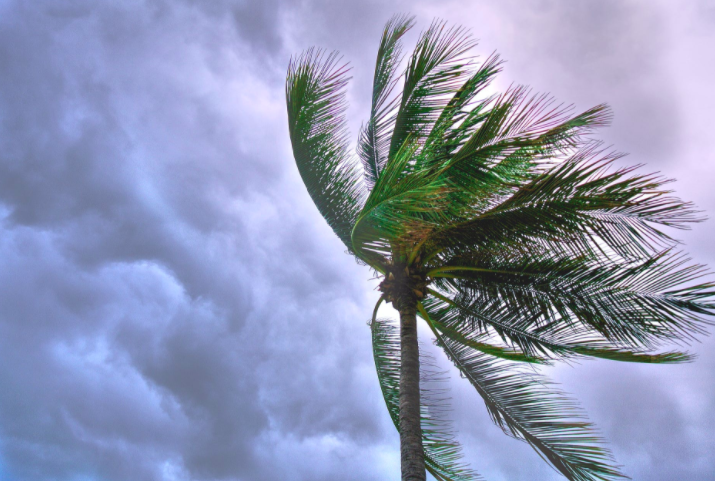As Tropical Storms Laura and Marco continue to track toward the Gulf of Mexico, EEI urges customers in the path of these storms to prepare now to ensure that they have an emergency plan and a fully stocked outage kit ready in case the storms cause power outages.
"EEI's member companies in the path of these storms have activated their emergency response plans to make sure that they are ready to restore power to customers as quickly as possible once it is safe to do so," said EEI Vice President of Security & Preparedness Scott Aaronson. "We are preparing, and we urge customers to take these storms seriously and to prepare, too."
COVID-19 creates additional challenges for storm response and emergency power restoration. Early in the pandemic, EEI and its member companies worked through the Electricity Subsector Coordinating Council (ESCC) to develop a resource guide to ensure that processes and procedures are in place to keep our workforce healthy and safe while we work to maintain continuity of operations. Customers are asked to be patient, as these additional safety steps may slow some restoration tasks.
"We know how important electricity, especially now, and our entire industry stands ready to support impacted companies and the power restoration mission, if needed," added Aaronson. "Safety is our top priority, and we ask that customers remember to practice social distancing and to stay away from our lineworkers and crews so they remain healthy and are able to perform their work safely."
Here are ways customers and communities can prepare for Tropical Storms Laura and Marco:
- Pay close attention to local weather reports on the radio, television, and Internet.
- Review EEI's hurricane safety tips. For more hurricane safety and preparation tips, visit the National Hurricane Survival Initiative.
- Develop an emergency plan that addresses any special medical needs you or your family members have. Call your local emergency management office to discuss necessary arrangements.
- Have your emergency outage kit stocked and readily available. Make sure to include masks or face coverings and hand sanitizer.
- Heed all evacuation warnings, and know all evacuation routes if you live close to the coast. If you or anyone you know has special needs in case of evacuation, contact your local emergency management office. Find the phone number at www.FEMA.gov.
- Be sure to include your pets in your evacuation plan. Not all evacuation shelters and hotels accept pets, so you may need to identify a pet-friendly hotel along your evacuation route.
- Stock up on non-perishable food, water, medications, and any other necessities to avoid the need for travel during a storm. If you live in an area where evacuations may be necessary, be sure to research any changes to local policies that may have been made due to the COVID-19 pandemic.
- Learn what to do in case of a power outage.
- Make sure your contact information is current with your local electric company so you can receive any status or safety updates the company might put out during an emergency. Be sure to follow your electric company on social media for real-time updates.














